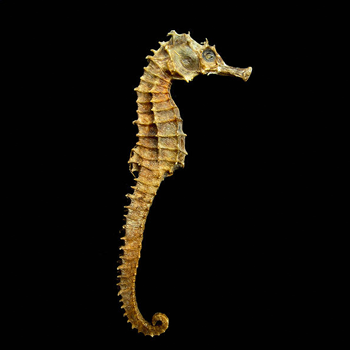How does the inflammatory response help the body fight infections?
1 Answer
Innate Immune Response.
Explanation:
First, there should be an antigen or pathogen or bacteria who wants to enter the body then, the body would identify that "things" if it is an enemy than innate immune response react first. The first is macrophage to phagocyte the antigen, destroy it and present it to other cell called dendritic cell and then go to lymph node to produce the specific antibody.
But macrophage also produces some kind of chemical which is chemokine and cytokine and produce pro-inflammatory effect:
-
Calling neutrophil to annihilate the target and also to specify the place in where the antigen comes
-
Vasodilation, it makes the neutrophil and other immune defenses come to the site of infection faster and in larger numbers
-
Increasing temperature around the site of infection by means because of vasodilation so significant heat is being released on that site but also it could power up the cell and decrease the effectiveness of antigen to enter the body


